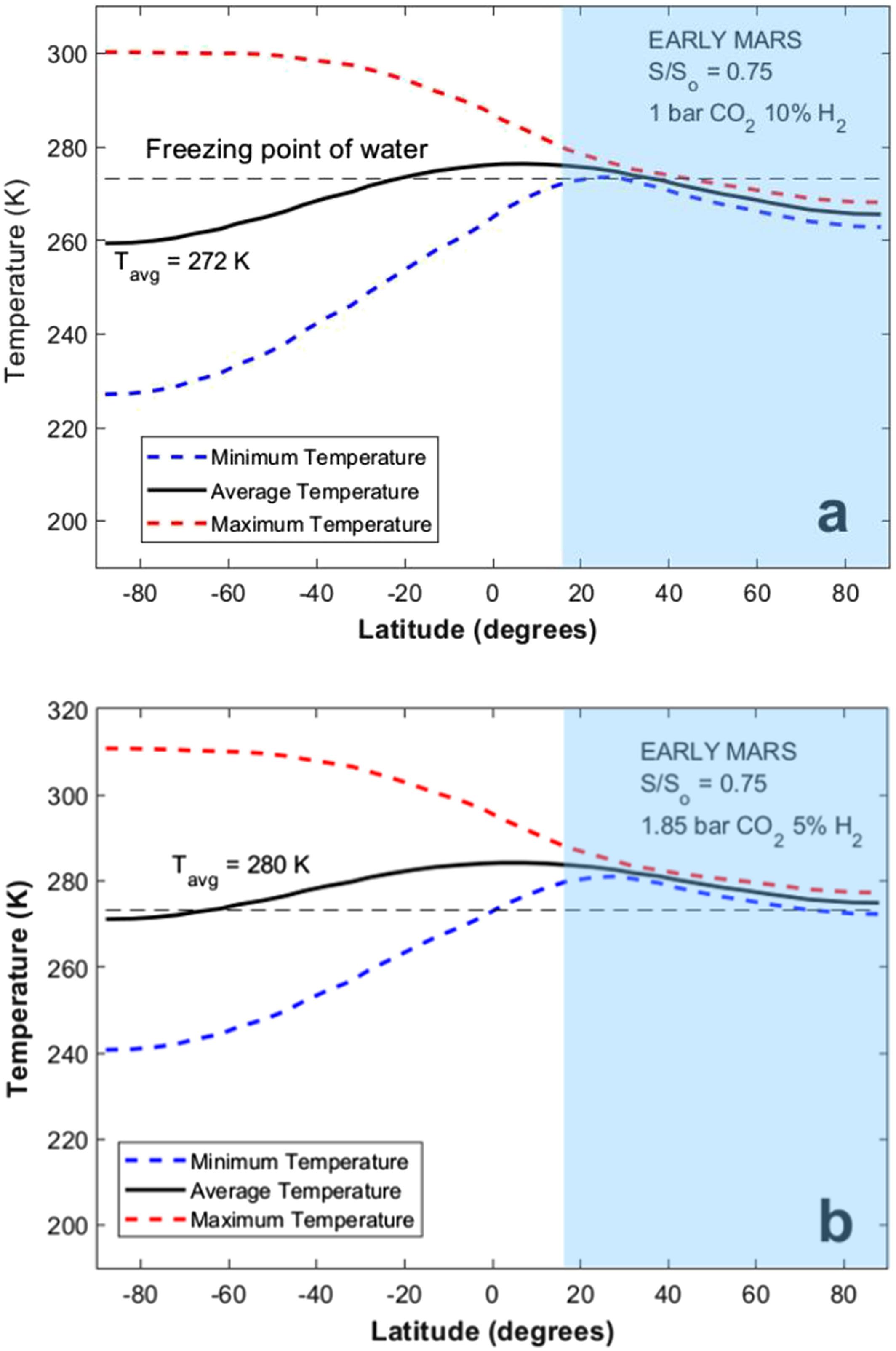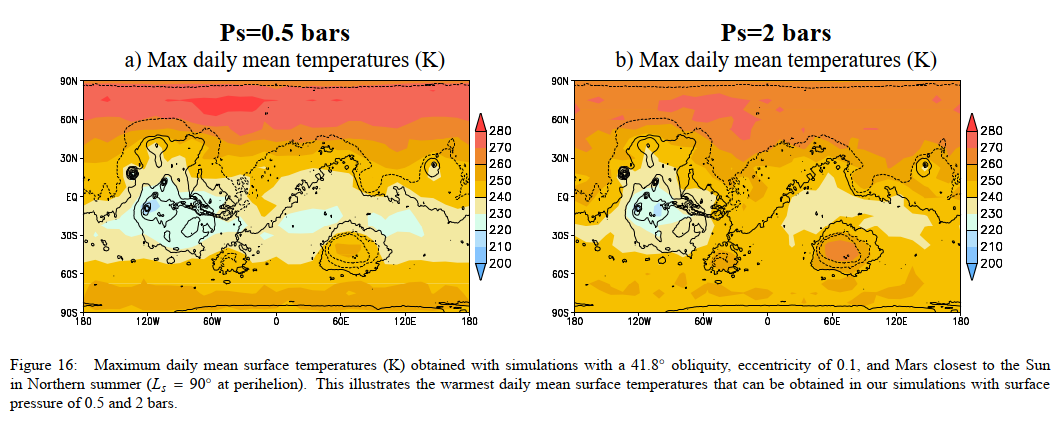This is a Frame Challenge
No group of scientists worth their salt would successfully terraform Mars and not have a way to keep it that way.
Your question only makes sense if there's a story-related incident — like the equipment breaking down. Consequently, the only practical answer to your question as-written is...
- It will last as long as you need it to in your story because Mars was successfully terraformed in the first place without the benefit of plate tectonics.
Yeah, yeah... but let's pretend that Clarkean Magical equipment broke down? How long could the planet remain habitable?
Even this assertion is worth challenging because you haven't defined what you mean by "terraforming Mars" (which you would need to do in considerable detail). It has a lower gravity and we assume a human-breathable atmosphere, based only on these two variables it's going to have a lower density atmosphere almost no matter what you do,1 which means it will not be a duplicate of Earth. The atmosphere is almost required to be full of greenhouse gasses just to keep the average temperature on Mars equal to the average temperature on Earth. You've obviously imported some water, too. So, the equipment breaks down... how long before...
- The atmosphere is too thin to breathe or...
- The atmosphere is too cold to "inhabit," or...
- The seas sublimate away or...
- The natural storms return...
Or a thousand other things that will compromise the ability to inhabit the surface without the benefit of greenhouses to grow food, water to drink, and pressurized housing to live in?
Too many variables!
Which makes this version of the question story-based, too. It will become uninhabitable as quickly as you wish using whatever one or more of those variables to rationalize the decision. Keep in mind, we don't have a referent to justify even an educated guess. Many (if not most) of those variables are interdependent. If someone tried to tell you that it would take X number of weeks, months, or years for the atmosphere to thin out, they'd need to prove it by demonstrating they'd dealt with at least a fair number of the other variables (respiration of vegetation, decay in the oceans, compromise of anaerobic bacteria in the soil...).
Yeah, yeah... just give me a number!
Fine... one year.
What? Terran or Martian? I don't know... Aaaaaahhhhhhhhh!
1 M.A.Golding correctly points out that there are smaller bodies in our own solar system with higher density atmospheres. If you continue reading my answer, you'll see me conclude that there are "too many variables." If the one and only variable we consider is gravity and all other variables are equal, then the atmospheric density must be lower. Why is Venus' atmosphere almost 100X more dense? Because it's filled with much heavier elements than Earth's atmosphere is. Too many variables.... Keep reading, it'll make sense.


